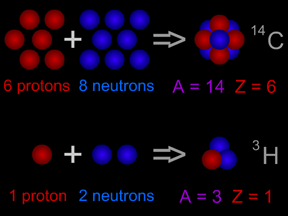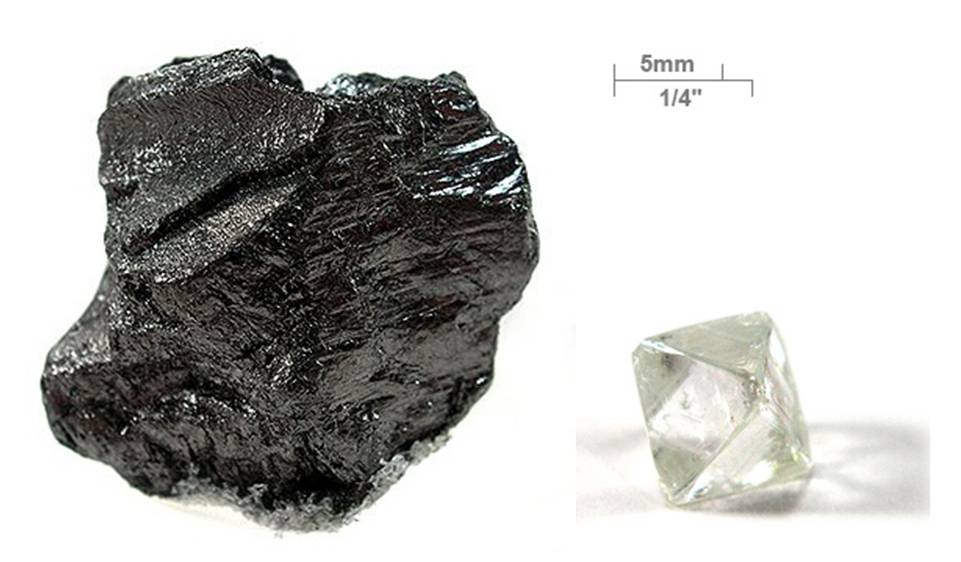Some people use carbon rather than carbon dioxide as a metric. The fraction of carbon in carbon dioxide is the ratio of their weights. The atomic weight of carbon is 12 atomic mass units, while the. Calculate the molecular mass of CO2 We need to find the molecular mass of carbon dioxide Molecular mass ofCO 2 = Molecular mass of carbon + 2 (Molecular mass of oxygen) 2 atoms of oxygen are present) Molecular mass of carbon = 12. Formula The molar mass of CO2 (carbon dioxide) is: 44.009 grams/mol. See also our theoretical yield calculator for chemical reactions (probably your next stop to finish the problem set). Favorite Answer The answer would be d because 12.01 + 16.00 X 2 =44.01 g I used the 2 because it is dioxide and di = 2 the are asking for the formula mass and that comes in grams.
››Convert grams Carbon Dioxide to mole
Please enable Javascript to usethe unit converter.
Note you can turn off most ads here:
https://www.convertunits.com/contact/remove-some-ads.php
››More information from the unit converter
How many grams Carbon Dioxide in 1 mol?The answer is 44.0095.
We assume you are converting between grams Carbon Dioxide and mole.
You can view more details on each measurement unit:
molecular weight of Carbon Dioxide ormol
The molecular formula for Carbon Dioxide is CO2.
The SI base unit for amount of substance is the mole.
1 grams Carbon Dioxide is equal to 0.022722366761722 mole.
Note that rounding errors may occur, so always check the results.
Use this page to learn how to convert between grams Carbon Dioxide and mole.
Type in your own numbers in the form to convert the units!
››Similar chemical formulas
Note that all formulas are case-sensitive.Did you mean to convert one of these similar formulas?
grams CO2 to moles
grams Co2 to moles
››Quick conversion chart of grams Carbon Dioxide to mol
1 grams Carbon Dioxide to mol = 0.02272 mol
10 grams Carbon Dioxide to mol = 0.22722 mol
20 grams Carbon Dioxide to mol = 0.45445 mol
30 grams Carbon Dioxide to mol = 0.68167 mol
40 grams Carbon Dioxide to mol = 0.90889 mol
50 grams Carbon Dioxide to mol = 1.13612 mol
100 grams Carbon Dioxide to mol = 2.27224 mol
200 grams Carbon Dioxide to mol = 4.54447 mol
››Want other units?
You can do the reverse unit conversion frommoles Carbon Dioxide to grams, or enter other units to convert below:
››Common amount of substance conversions
grams Carbon Dioxide to nanomol
grams Carbon Dioxide to decimol
grams Carbon Dioxide to centimol
grams Carbon Dioxide to molecule
grams Carbon Dioxide to micromol
grams Carbon Dioxide to atom
grams Carbon Dioxide to kilomol
grams Carbon Dioxide to millimol
grams Carbon Dioxide to picomol
››Details on molecular weight calculations
In chemistry, the formula weight is a quantity computed by multiplying the atomic weight (in atomic mass units) of each element in a chemical formula by the number of atoms of that element present in the formula, then adding all of these products together.
Carbon Dioxide Levels
A common request on this site is to convert grams to moles. To complete this calculation, you have to know what substance you are trying to convert. The reason is that the molar mass of the substance affects the conversion. This site explains how to find molar mass.
The atomic weights used on this site come from NIST, the National Institute of Standards and Technology. We use the most common isotopes. This is how to calculate molar mass (average molecular weight), which is based on isotropically weighted averages. This is not the same as molecular mass, which is the mass of a single molecule of well-defined isotopes. For bulk stoichiometric calculations, we are usually determining molar mass, which may also be called standard atomic weight or average atomic mass.
Formula weights are especially useful in determining the relative weights of reagents and products in a chemical reaction. These relative weights computed from the chemical equation are sometimes called equation weights.


If the formula used in calculating molar mass is the molecular formula, the formula weight computed is the molecular weight. The percentage by weight of any atom or group of atoms in a compound can be computed by dividing the total weight of the atom (or group of atoms) in the formula by the formula weight and multiplying by 100.
Find The Approximate Atomic Mass Of Carbon Dioxide
Finding molar mass starts with units of grams per mole (g/mol). When calculating molecular weight of a chemical compound, it tells us how many grams are in one mole of that substance. The formula weight is simply the weight in atomic mass units of all the atoms in a given formula.
Using the chemical formula of the compound and the periodic table of elements, we can add up the atomic weights and calculate molecular weight of the substance.
››Metric conversions and more
ConvertUnits.com provides an onlineconversion calculator for all types of measurement units.You can find metric conversion tables for SI units, as wellas English units, currency, and other data. Type in unitsymbols, abbreviations, or full names for units of length,area, mass, pressure, and other types. Examples include mm,inch, 100 kg, US fluid ounce, 6'3', 10 stone 4, cubic cm,metres squared, grams, moles, feet per second, and many more!
Molar Mass, Molecular Weight and Elemental Composition Calculator
Molar mass of CO2 is 44.0095 g/mol Compound name is carbon dioxide Convert between CO2 weight and moles
Elemental composition of CO2
Sample reactions for CO2
Formula in Hill system is CO2 | |||||||||||||||||||||||||||||||||||
Computing molar mass (molar weight)To calculate molar mass of a chemical compound enter its formula and click 'Compute'. In chemical formula you may use:
Molar mass calculator also displays common compound name, Hill formula, elemental composition, mass percent composition, atomic percent compositions and allows to convert from weight to number of moles and vice versa. Computing molecular weight (molecular mass)To calculate molecular weight of a chemical compound enter it's formula, specify its isotope mass number after each element in square brackets.Examples of molecular weight computations: C[14]O[16]2, S[34]O[16]2. Definitions of molecular mass, molecular weight, molar mass and molar weight
Give us feedback about your experience with Molecular Weight Calculator. Related: Molecular weights of amino acids | |||||||||||||||||||||||||||||||||||
| molecular weights calculated today | |||||||||||||||||||||||||||||||||||
| Back to Online Chemical Tools Menu |
© 2021 webqc.org All rights reserved
| Periodic table |
| Unit converters |
| Chemistry tools |
| Chemical Forum |
| Chemistry FAQ |
| Constants |
| Symmetry |
| Chemistry links |
| Link to us |
| Contact us |
How to cite? |
WebQC.Org online education free homework help chemistry problems questions and answers |
